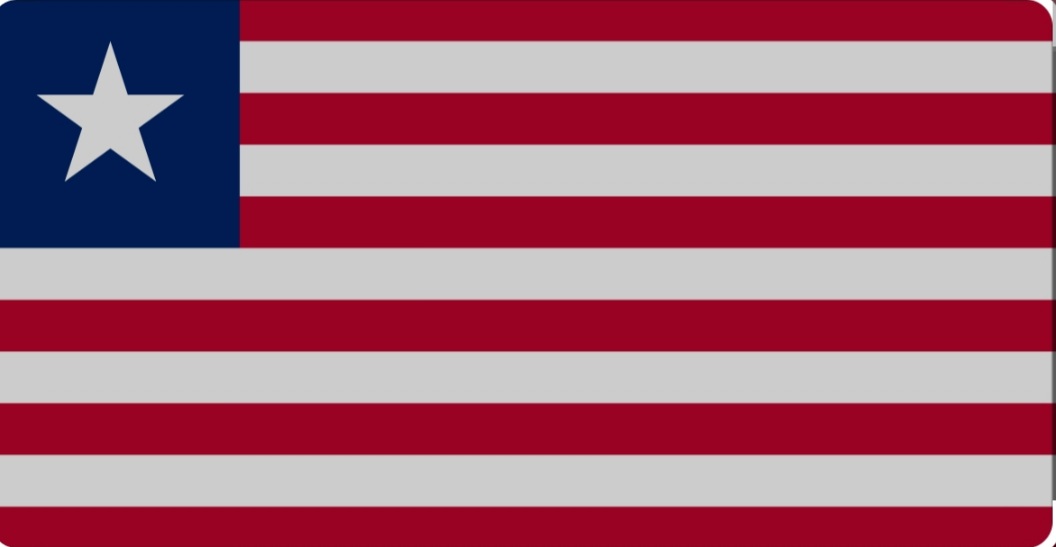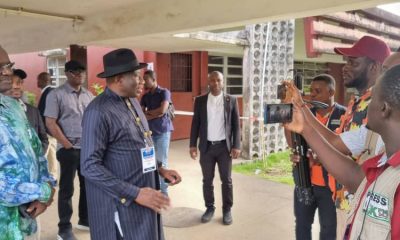In 1998, as a young case worker with the Lutheran Church Trauma Healing and Reconciliation program, I primarily worked with former child soldiers of Charles Taylor’s defunct NPFL. In those years, I would meet many young people whose futures were stolen—Sam Brown, Joseph Kollie, McGee, Eric, and Senegalese. Many of them have died, and some are still on the streets begging.
All the young people I worked with had some dependence on drugs and alcohol. Drugs were the primary conscription tool, numbing them to indiscriminate killing and raping. I spent several days sitting on the sidewalk, talking with many who had a mental break or were in some crisis. Through my interaction with these young people, I became friends with many other young Liberians on the streets.
However, over the years, the rates of drug use among the youth have been alarmingly tragic. I usually visit my friend’s “seaside marines,” a ghetto in Monrovia. I sit with them to talk and get an understanding of what is going on. Many of these young people tell stories of getting into the habit of drug use from their schools. According to them, meals sold on many campuses are laced with various drugs. I am told that some dealers allegedly give out free substances on Sundays to increase the demand.
I have come not to see these young people as “zogos,” as they are called locally, but as “Liberia’s Lost Children.” In recent conversations with some of them, they mentioned the trending drug, “KUSH,” which they call “Spark and Die” because of the risk of cardiac arrest. During the last few months, many young people have died from “KUSH.” Many more will die if nothing urgent is done.
Sadly, the drug problem, like many of Liberia’s problems, is being ignored, fueled by a lack of programs and political will.
The recent acquittal of those accused of bringing in 100 million dollars worth of cocaine into the country is the beginning of a new wave of drugs sale and youth addiction.
I have personally experienced the death of one of my heart’s sons from an addiction-related illness. It is a personal pain for me to see these young people cover their numerous mental health pain with substance abuse.
The drug issue in Liberia should be seen as a national emergency; there is not a single town or village in Liberia where a ghetto cannot be found.
Some well-meaning individuals are doing their best to address this issue differently; my friend and sister, Sametta PuddingThomas – has become my go-to person for all things mental health. She is very ready to help.
Rev. Caleb Dormah lives and breathes this issue through his work. I have been promising him a vacation for two years now. Kwame Oldpa Weeks has been raising awareness and helping with rehabilitation; Senator Darius Dillon is also involved, and a few more are committed to helping our “Lost Children.”
There is not a single household in Liberia that can say we do not have a son, daughter, cousin, friend, or know of someone whose child is an addict. Like the war, this is an issue affecting all, and we must all work together to RESCUE our “Lost Children.”
- Mrs. Leymah Gbowee is a Nobel Peace Prize Winner and writes from Liberia

 Health6 days ago
Health6 days ago
 Entertainment1 week ago
Entertainment1 week ago
 Crime6 days ago
Crime6 days ago
 Education1 week ago
Education1 week ago
 Health1 week ago
Health1 week ago
 Comments and Issues1 week ago
Comments and Issues1 week ago
 Latest7 days ago
Latest7 days ago
 Football1 week ago
Football1 week ago










